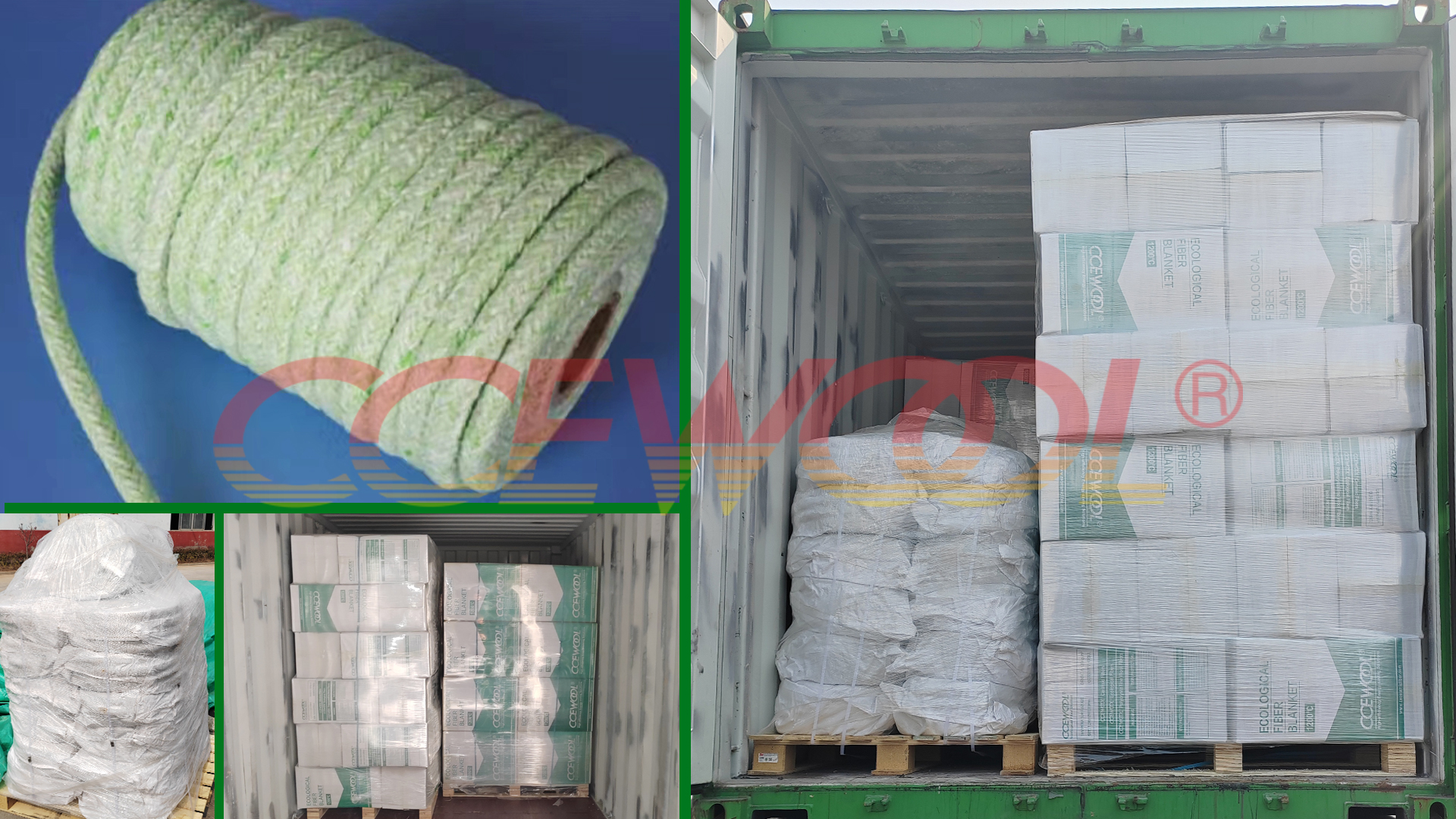Low Biopersistent Fiber Rope – CCEWOOL®
- 19 May, 2025
- Insight

In high-temperature sealing and insulation applications, traditional refractory sealing materials often face issues like insufficient flexibility, difficult installation, and fiber dust harmful to human health. To meet the modern industry's demand for safe, eco-friendly, and high-performance sealing materials, CCEWOOL® launched the low biopersistent fiber rope, which offers excellent flexibility, high thermal resistance, and improved environmental and health safety.
Flexible and Heat-Resistant – Perfect for Complex Structures
CCEWOOL® low biopersistent fiber rope is made from AES (alkaline earth silicate) fibers, offering superior flexibility and resilience. It can withstand temperatures up to 1100°C and easily conform to tight or irregular spaces, ensuring a seamless seal. It is ideal for applications such as furnace door seals, boiler gaskets, duct joints, and fireproof door edging.
Eco-Safe and Non-Hazardous
Unlike traditional ceramic fibers that may pose health concerns due to their non-biodegradable nature, CCEWOOL® low biopersistent fiber rope is tested by Germany's Fraunhofer Institute and meets GHS standards. It is non-irritating and environmentally friendly, eliminating the need for excessive protective gear during installation and enhancing safety and ease of use.
Australian Customer
Cooperation Years: 7 years
Ordered Product: CCEWOOL® low biopersistent fiber rope
Product Size: 38x38x4350mm
Our long-term customer from Australia has consistently chosen CCEWOOL® refractory fiber products and recently placed another order of low biopersistent fiber rope for upgrading their high-temperature sealing systems. The customer shared: "This fiber rope delivers outstanding flexibility and sealing performance. Installation was smooth, and the eco-friendly, non-hazardous nature aligns perfectly with our company's sustainability goals."



